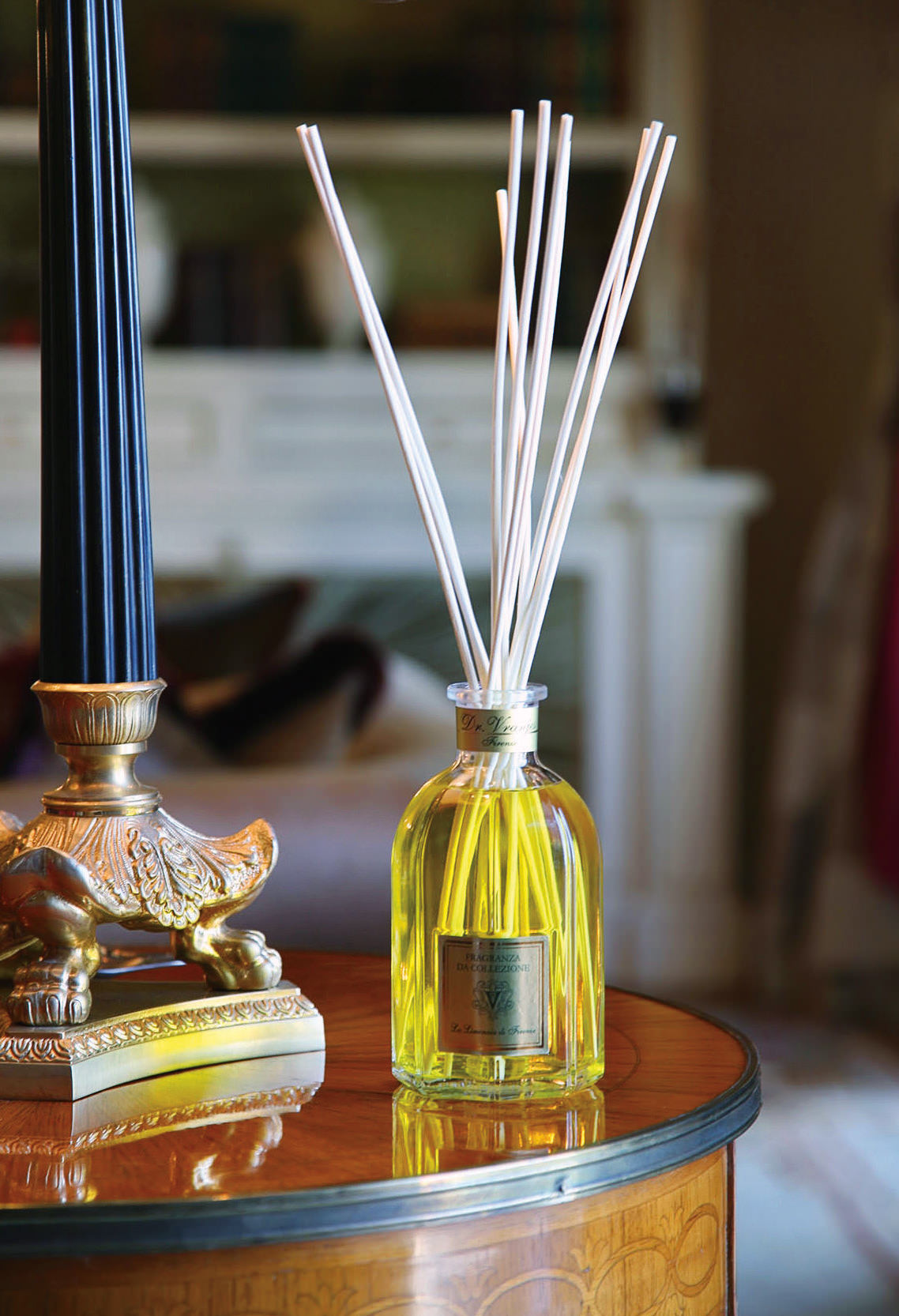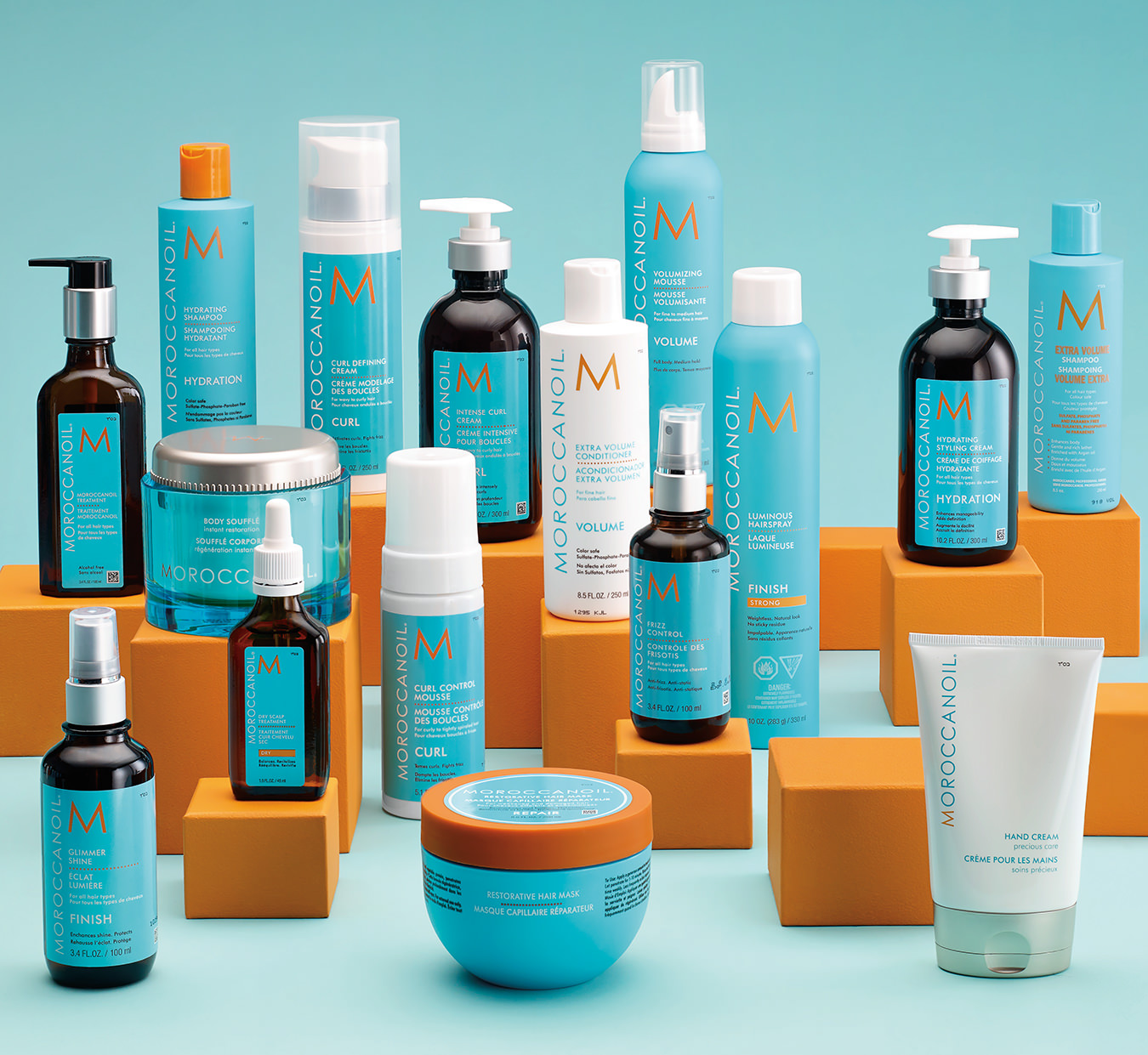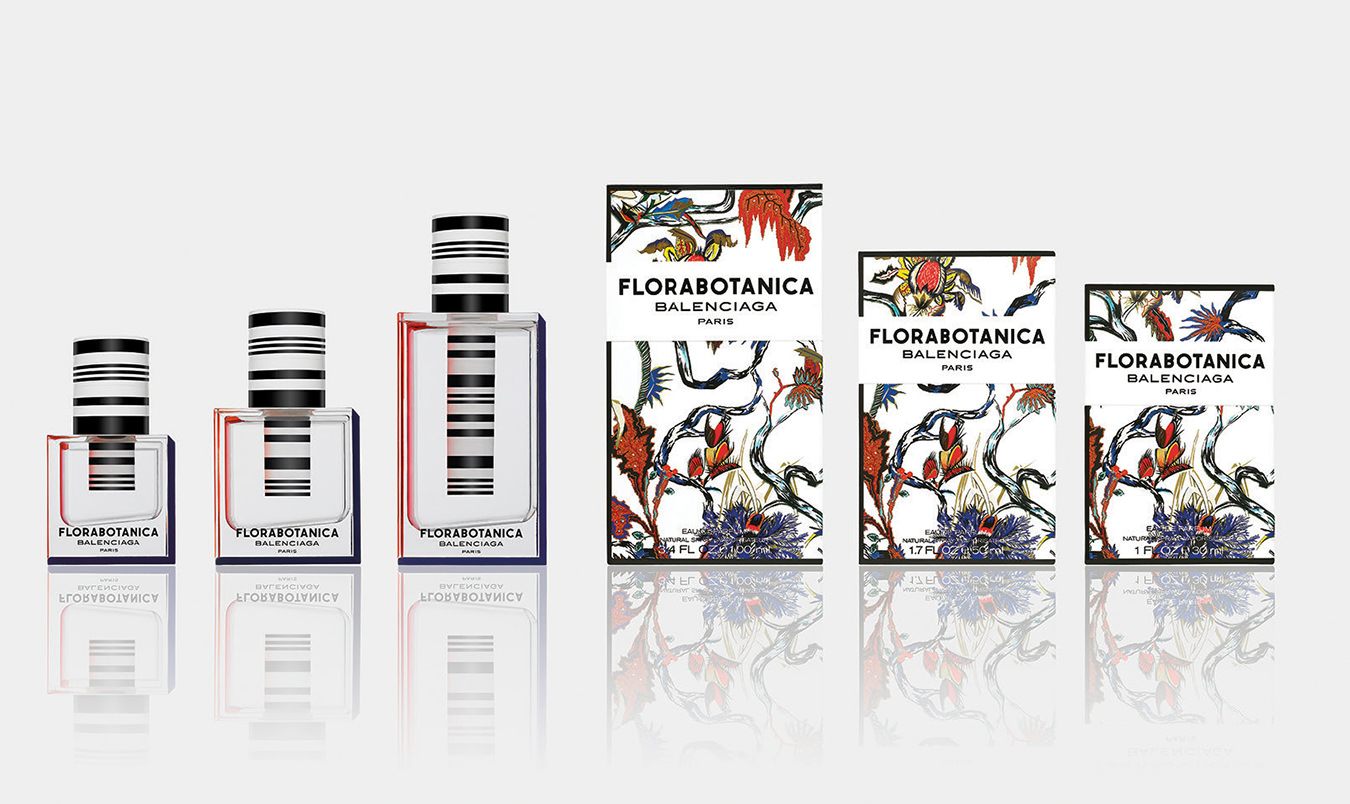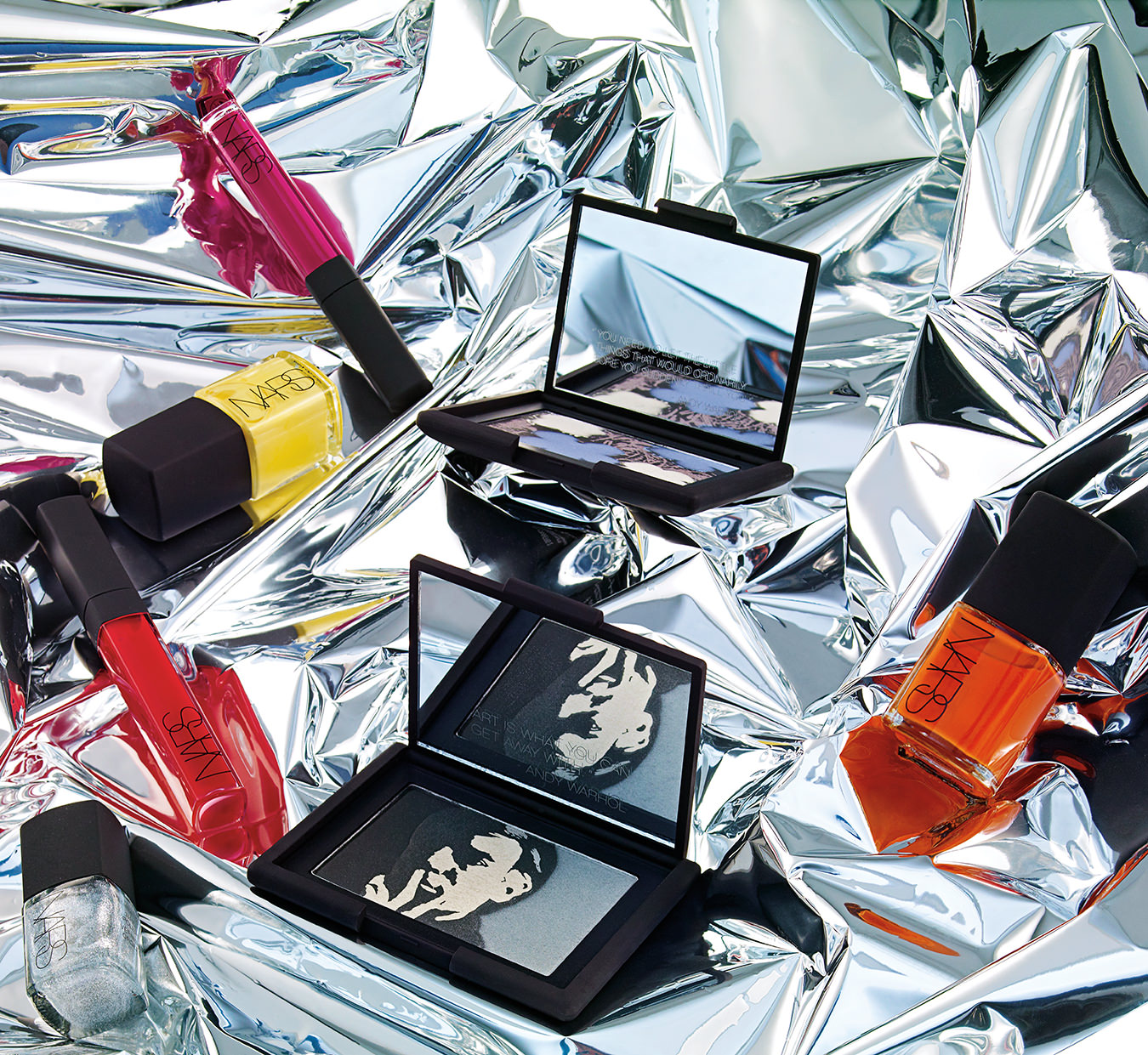Le Labo
A fragrance apothecary.
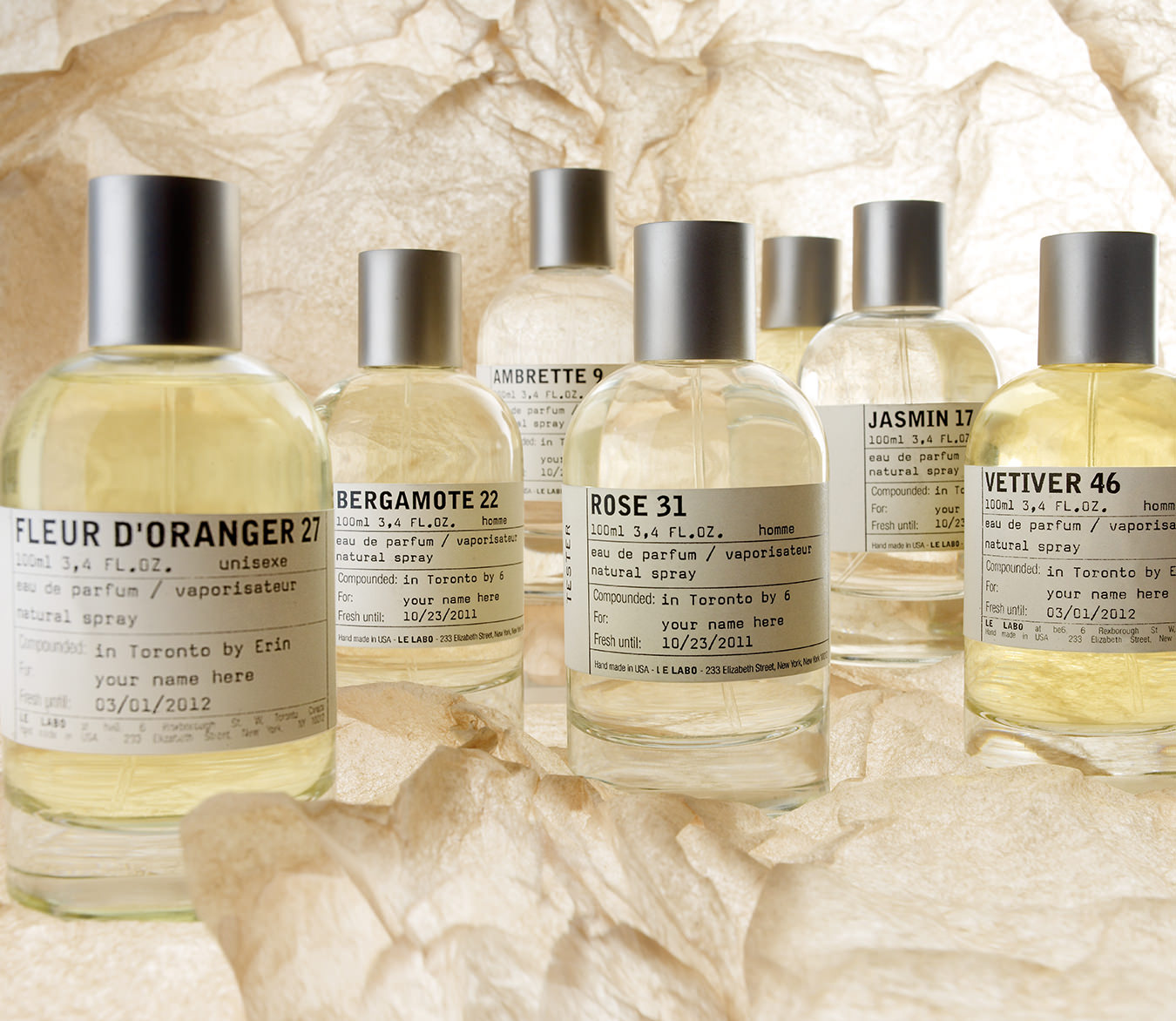
As beauty propaganda, the commercial is flawless. A ruby-lipped woman tilts her naked shoulders to the sun as a plane’s shadow darkens her cerulean swimming pool. Suddenly, a man appears across the water. He dives in and then emerges at her feet carrying a golden sandal. A voice croons, “Share the fantasy. Chanel No. 5.”
Fantasy has always been a cornerstone of the fragrance world—scent itself is a mystery, sparking pangs of memory and desire with a few drops of juice. But since that No. 5 ad aired in 1979, the fantasy side of fragrance has developed a surrealistic edge. Bruce Willis has a fragrance. So does Burger King. In 2010, more than 1,000 new scents hit the market.
From this dizzying cloud, a different kind of perfumery is emerging. Call it boutique, niche, or indie—fragrance that defines itself against mainstream houses and tastes. A few leaders of the evolution? Frédéric Malle, Serge Lutens, and, more recently, Le Labo, a brand created by Fabrice Penot and Eddie Roschi, who say that their mission is to “make life more beautiful” using fragrance.
“Before being a commodity, perfumery was an art,” explains Penot, all tousled Gallic chic with his Parisian accent and Isabel Marant sweater. “Le Labo’s inspiration was to bring back the magic of the perfume lab. We believe it is not too late to go back in time.”
To go back just a bit: Penot and Roschi met in the early 2000s while working at L’Oréal on the development of Giorgio Armani fragrances in Paris. “We realized that we were happiest when we were in the perfume lab, hanging out by the fridges,” Penot says. “We would bring friends there, dates. We discovered that people loved going behind the scenes.” That discovery, coupled with their disillusionment with their day jobs, inspired them to strike out on their own. They moved to New York and in 2006 launched Le Labo with 11 core fragrances. Since then, their fragrance portfolio has grown to 18.
The sweet smell of success soon followed. Today, Le Labo has four stand-alone boutiques in London, New York, Los Angeles, and Tokyo, and is carried at the ne plus ultra of retailers (their “corners”), including Colette in Paris and 6 by Gee Beauty in Toronto, which is Le Labo’s only Canadian address. Chandler Burr, the fragrance world’s most esteemed critic and the curator of the soon-to-open Center of Olfactory Art at the Museum of Arts and Design in New York, describes Le Labo’s top-selling Rose 31 as “a beautifully built dirty rose edged with smoke and fascinating shadows.”
Le Labo’s triumph is emblematic of boutique perfumery’s appeal, both for perfumer and customer. As Burr explains, “Freedom being just another word for nothing left to lose, the niche houses have much more of it creatively because they don’t have stockholders and boards of directors.”
As such, experimentation rules. Le Labo’s Oud 27, featuring agarwood, incense, and patchouli, is a complex oriental that Penot has summarized thus: “Think Genghis Khan meets Shah Jahan for tea with Scheherazade.” As with most provocateurs, anti-establishment feeling runs high.
Christopher Brosius, a former taxi driver, started the niche line CB I Hate Perfume after one too many back-seat spritzes left him plotting to overthrow ultrasweet scents with pared-down olfactory creations. Romano Ricci—great-grandson of Nina, and grandson of Robert, who created the iconic L’Air du Temps—launched his indie line Juliette Has a Gun in 2006. Its latest scent? Not a Perfume, which is simply diluted Ambrox, a commonly used base note.
Boutique perfumers also pride themselves on thinking outside the bottle. Scent workshops are offered in Le Labo’s chic London and New York boutiques, and at all locations, staff bottle perfumes in-shop to preserve the quality of the ingredients used. They even customize a fragrance label with a date and name for every purchase. “When you leave, you might have a Le Labo bag because you bought a perfume, but most of all, you’ll have spent a moment you never lived before around perfume ingredients,” says Penot. “We want to be an alternative to the department store idea of perfumery, where you have to fight not to end up with 10 horrible perfumes sprayed on your skin against your will.”
New voices have been added to what fragrance expert Michael Edwards called perfume’s “silent conversation”, and the result is superior scent for everybody. Fantasy may spark interest, but Burr remains adamant that quality is the key to enduring love. “Anti-establishmentism of itself, as a basis for anything, is a lack of maturity,” he says. “Luxury? I have no idea what that is. The smart, interesting reason to buy a niche scent is because it is good.”

